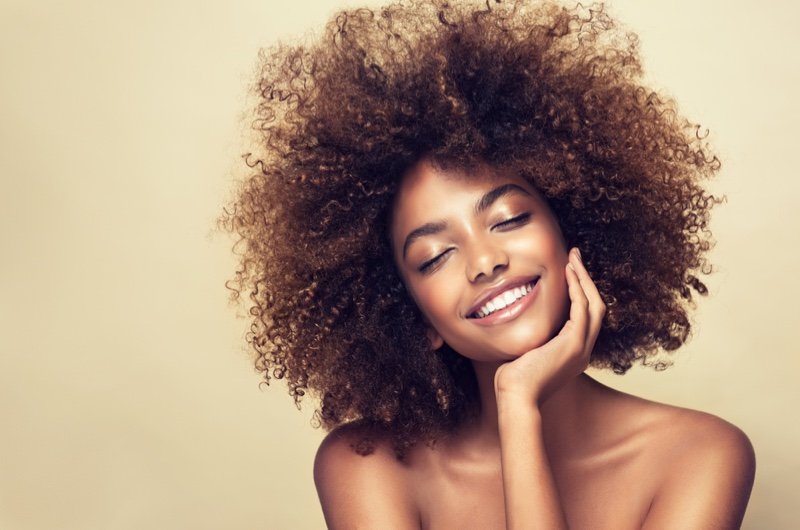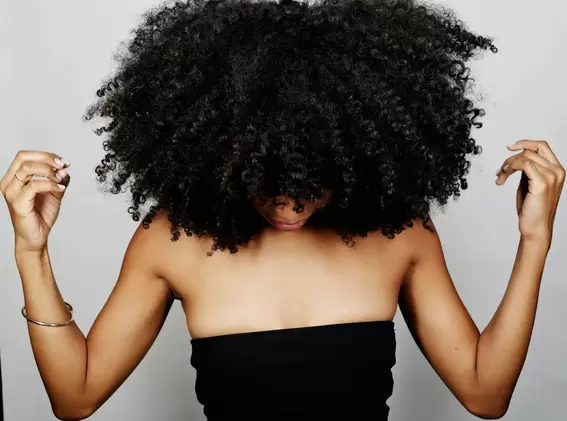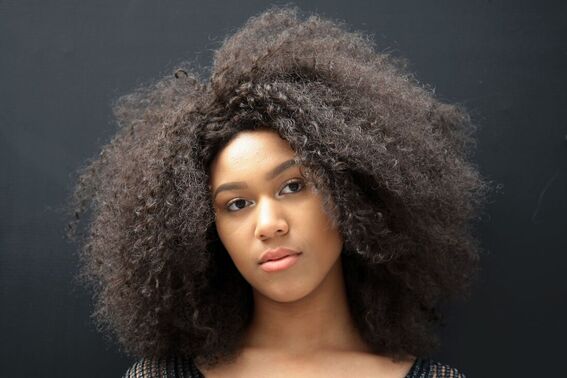|
For decades, beauty standards have been dictated by mainstream media, with straight hair being the epitome of beauty. However, in recent years, there has been a shift towards embracing natural hair and celebrating its versatility and beauty. Natural hair refers to hair that has not been chemically processed or altered in any way. This includes afros, coils, curls, kinks, and waves.The natural hair movement has gained momentum in recent years as more women embrace their natural texture and reject societal pressures to conform to Eurocentric beauty standards. One of the biggest reasons for this shift is representation. For far too long, Black women have been underrepresented in mainstream media. When they were represented, it was often through a narrow lens that reinforced Eurocentric beauty standards. Now more than ever before, we are seeing Black women with natural hair on magazine covers, in ad campaigns, and on runways.
The natural hair movement has also been fueled by social media. Platforms like Instagram and YouTube have given Black women a space to share their stories and showcase their unique hairstyles. From twist outs to bantu knots to wash-and-gos, these styles celebrate the versatility of natural hair. But embracing natural hair is about more than just aesthetics – it's about reclaiming our identity. For centuries, Black women have been told that their natural texture was not good enough or professional enough for the workplace. They have had to resort to chemically straightening or heat styling their hair just to fit into societal norms. By embracing our natural texture, we are rejecting those harmful stereotypes and reclaiming our power. We are saying that our texture is beautiful just as it is and that we don't need to change ourselves to fit into someone else's idea of what is acceptable. While the movement towards embracing natural hair has made significant strides in recent years, there is still much work to be done. Discrimination against Black women with natural hair continues in many workplaces and schools across the country. In 2019 alone, several states passed laws banning discrimination based on hairstyle – known as Crown Acts – but there is still no federal law protecting individuals from this type of discrimination.
It's important for all of us to continue pushing back against these harmful stereotypes and advocating for change at every level. If you're considering going natural but aren't sure where to start, there are plenty of resources available online. From blogs to YouTube channels to Instagram accounts dedicated solely to showcasing different styles and techniques. When it comes down to it though, going natural is a personal decision that requires patience and commitment. It's not always easy – especially when you've spent your entire life believing that your texture isn't good enough – but it's worth it. Embracing your natural texture can be an incredibly empowering experience that allows you to fully embrace who you are without feeling like you need to conform. In conclusion, breaking beauty standards means celebrating diversity rather than enforcing uniformity. The shift towards embracing natural hair represents a much-needed move away from Eurocentric beauty standards towards inclusivity and self-love.
As we continue fighting for equality on all fronts - including representation - let us remember that our differences should be celebrated rather than vilified or ostracized. Let us continue pushing back against harmful stereotypes while advocating for change at every level until everyone feels seen and heard regardless of how they choose wear their crown!
0 Comments
Leave a Reply. |
�
categories
Categories
All
|





 RSS Feed
RSS Feed